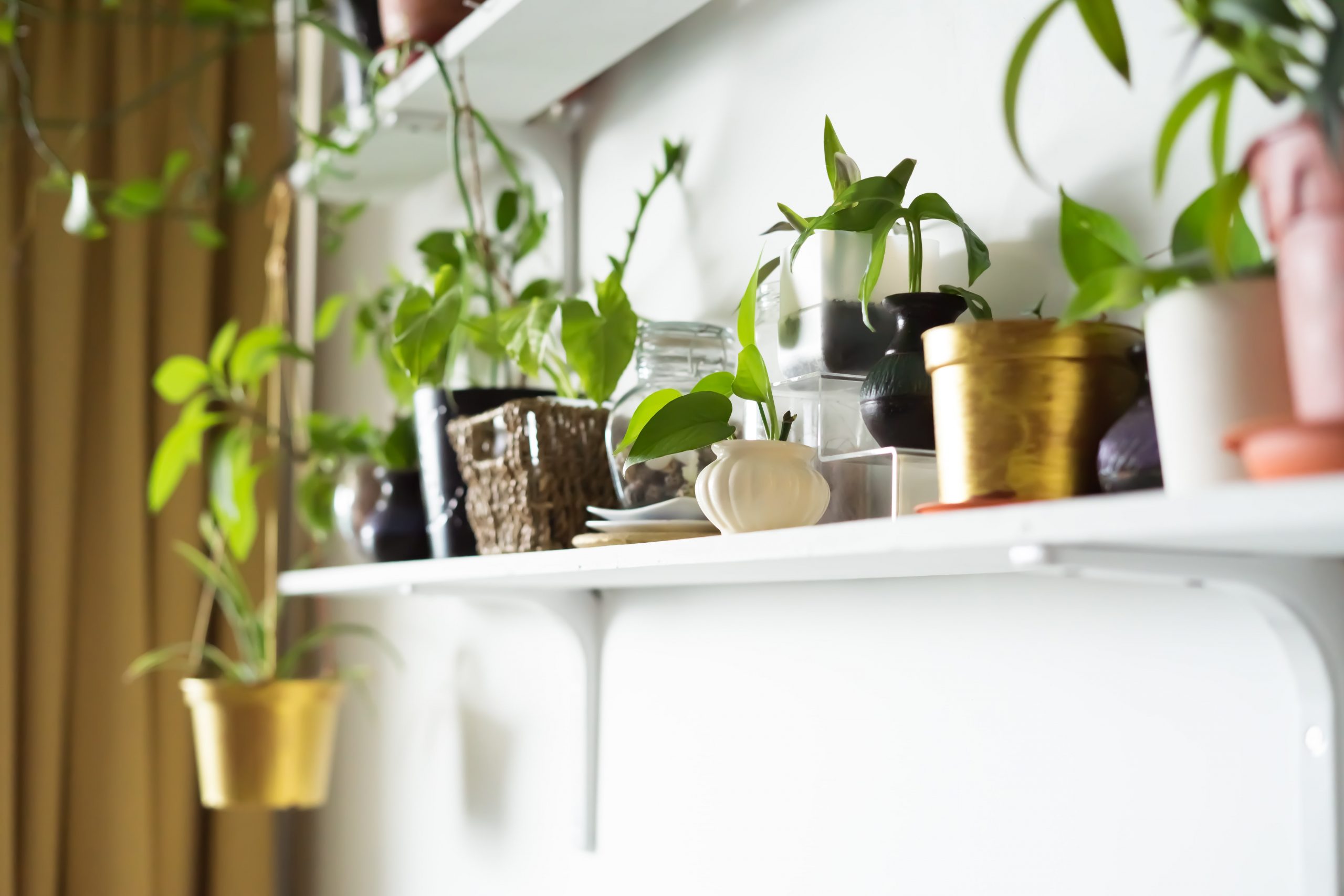
Are you searching for an effortless way to bring some greenery into your home or get the most out of a plant, it’s essential to understand that there are numerous advantages of having indoor plants in your residence. From relieving stress and improving air quality to soothing dry skin and improving sleep quality, houseplants have many potential benefits that can enhance health and well-being in various ways.
Help Clean the Air
Studies have demonstrated that plants can help clean air of some common toxins such as formaldehyde, benzene and carbon monoxide. Some species, like parlor palm and rubber tree, are especially effective at this task.
These plants can help to create a peaceful atmosphere in any room. Placed in areas of the house that don’t get enough light, they will add an extra splash of color and energy to the space, making it feel larger and brighter all around.
Increase Your Productivity
Planting plants in your home office or classroom has been known to boost productivity and creativity. Plus, having greenery around can reduce stress levels and even lower blood pressure!
Research in 1996 found that students who were surrounded by greenery performed better on tests. Furthermore, employees working in offices with plants reported greater job satisfaction and took fewer sick days than their counterparts without such amenities.
Achieve a Zen-like Space
Adding live greenery to your home not only adds an atmosphere of calm and serenity, but it may also help you focus better. According to research from the University of California, people who studied with plants were able to focus better on their homework than those without plants in the room and even performed tasks better than those who didn’t have plants present.
Tips for Keeping Your Plants Healthy
When purchasing a houseplant, it is essential to be aware that some can be highly hardy and resistant to disease. Most plants will come with instructions on how to care for them properly; so be sure to read those carefully.
If you have any queries or worries, it’s always best to reach out to a specialist. They will be able to advise on which houseplants suit your requirements and environment best, as well as when to water them and other essential information about caring for them properly.
Some plants require little to no upkeep, but it’s wise to check their soil regularly for signs of rot or pests. If your plant requires more attention than usual, fertilizer may be necessary in order to keep it flourishing.
You can purchase organic indoor plant food or compost to keep your plant in top condition. However, be mindful that many houseplants may attract pests and diseases if not taken care of properly.
